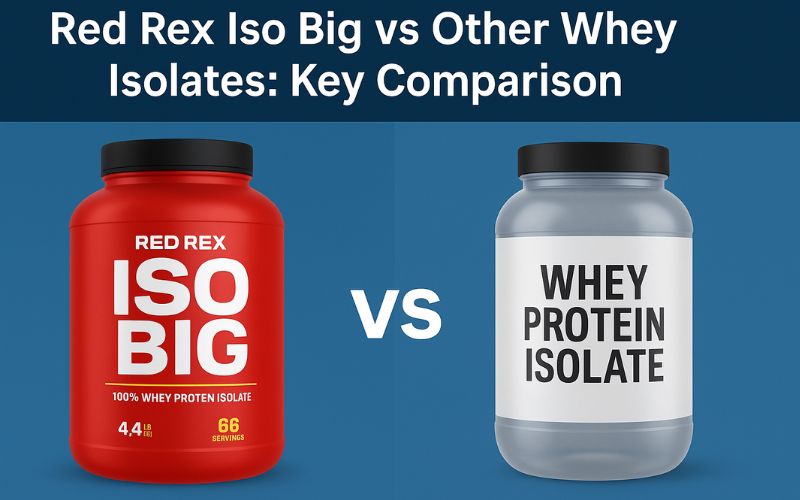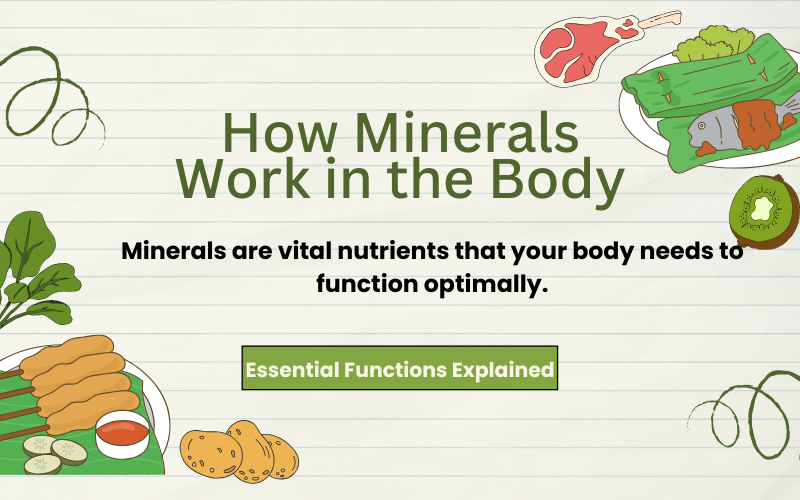The Role of Isolate Protein in Boosting Immunity
The COVID-19 pandemic highlighted the importance of a robust immune system, and people around the world have become increasingly focused on health and wellness. Among the many dietary considerations to support immunity, isolate protein has emerged as a significant player. This article delves into the role of isolate protein in strengthening immunity and maintaining overall health, especially in the post-pandemic era.
Understanding Isolate Protein
Isolate protein is a highly purified form of protein derived from various sources such as whey, soy, or peas. During its production, it undergoes a process to remove most of the fats, carbohydrates, and other non-protein components, resulting in a product that is about 90-95% pure protein. This high concentration makes it an excellent choice for those looking to boost their protein intake without additional calories.
Key Characteristics of Isolate Protein
- High Protein Content: Contains up to 95% pure protein.
- Low in Fats and Carbs: Minimal non-protein components.
- Easily Digestible: Quick absorption and digestion.
- Versatile: Can be used in shakes, baked goods, and recipes.
Types of Isolate Protein
Whey Protein Isolate
Derived from milk, whey protein isolate in pakistan is a complete protein containing all nine essential amino acids.
Soy Protein Isolate
Plant-based and suitable for vegetarians, soy protein isolate also provides all essential amino acids and contains isoflavones with additional health benefits.
Pea Protein Isolate
Another plant-based option, pea protein isolate is hypoallergenic and rich in branched-chain amino acids (BCAAs).
The Link Between Protein and Immunity
How Protein Supports the Immune System
Proteins are the building blocks of life and are essential for immune system function. They contribute to the production of antibodies, immune cells, and other components vital for defending the body against infections.
Antibody Production
Proteins help produce immunoglobulins (antibodies), which identify and neutralize harmful pathogens.
Immune Cell Development
Key immune cells such as T-cells, B-cells, and macrophages rely on proteins for their growth and function.
Enzyme and Hormone Regulation
Many enzymes and hormones involved in immune responses are protein-based, emphasizing the critical role of dietary protein.
Benefits of Isolate Protein for Immunity
Rapid Absorption and Utilization
Best isolate protein’s high purity and fast absorption make it ideal for supporting the immune system during recovery from illness or physical stress.
Rich in Essential Amino Acids
Role of Amino Acids in Immunity
- Glutamine: Vital for the health of immune cells and intestinal barriers.
- Arginine: Supports the production of nitric oxide, crucial for immune responses.
- BCAAs: Enhance muscle recovery and immune resilience.
Boosting Recovery Post-Illness
Protein needs increase when the body is recovering from infections or surgeries. Isolate protein provides a concentrated source of nutrients to accelerate healing.
Supporting Gut Health
The gut is central to immune health, housing nearly 70% of the immune system. Isolate proteins, especially those derived from whey, support gut integrity and microbiome health, enhancing overall immunity.
Importance of Isolate Protein for Overall Health
Post-Pandemic Health Considerations
The pandemic has left many individuals dealing with long-term health effects, including fatigue, reduced muscle mass, and weakened immunity. Incorporating isolate protein into the diet can address these issues effectively.
Muscle Maintenance and Repair
Preventing Muscle Loss
Age-related muscle loss (sarcopenia) can be mitigated with adequate protein intake, and isolate protein offers an efficient solution.
Enhancing Recovery Post-Exercise
For those engaging in regular exercise, isolate protein supports muscle repair, reduces soreness, and enhances performance.
Weight Management
Promoting Satiety
Isolate protein helps control appetite by promoting feelings of fullness, aiding in weight management.
Supporting Fat Loss
Due to its low fat and carbohydrate content, isolate protein is an excellent choice for individuals aiming to lose weight while maintaining muscle mass.
Reducing Inflammation
Chronic inflammation is linked to various diseases, including diabetes and cardiovascular issues. The amino acids in isolate protein can reduce inflammation markers, contributing to overall health.
How to Incorporate Isolate Protein Into Your Diet
Daily Recommendations
The daily protein requirement varies based on age, activity level, and health goals. For most adults, consuming 0.8-1.2 grams of protein per kilogram of body weight is sufficient, with isolate protein serving as a convenient way to meet these needs.
Practical Applications
Protein Shakes
Quick and easy, protein shakes are a popular choice for breakfast or post-workout recovery.
Smoothie Bowls
Enhance nutrient intake by adding isolate protein to smoothie bowls topped with fruits and seeds.
Baking
Use isolate protein in baked goods such as muffins or pancakes to boost their nutritional value.
Soups and Sauces
Incorporate unflavored isolate protein into soups and sauces for an invisible nutritional boost.
Choosing the Right Isolate Protein
Factors to Consider
Source
Decide between whey, soy, or pea protein based on dietary preferences and allergies.
Purity
Opt for products with minimal additives and high protein content.
Certification
Look for third-party certifications to ensure quality and safety.
Popular Brands
Research reputable brands that align with your health goals and preferences.
Potential Side Effects and Precautions
Digestive Issues
Some individuals may experience bloating or gas, especially with lactose-containing whey isolates.
Allergies
Soy and whey proteins may trigger allergies in sensitive individuals; opt for hypoallergenic options like pea protein if necessary.
Moderation is Key
While isolate protein is beneficial, excessive intake can strain the kidneys and lead to imbalances. Stick to recommended dosages and buy isolate protein online.
Conclusion
The role of isolate protein in boosting immunity and supporting overall health cannot be overstated, especially in a post-pandemic world where maintaining resilience is crucial. By providing essential amino acids, enhancing recovery, and supporting gut health, isolate protein emerges as a powerful ally in the quest for wellness. Whether you’re recovering from illness, seeking to build muscle, or simply aiming to improve your nutritional intake, isolate protein offers a versatile and effective solution.
Take the first step toward a healthier lifestyle today. Visit Syner Nutrition to explore premium-quality isolate protein products that meet your health and wellness needs.
FAQs
1. What is isolate protein, and how is it different from regular protein?
Isolate protein is a highly purified form of protein that contains up to 90-95% pure protein. It undergoes additional processing to remove most fats, carbohydrates, and other components, making it a more concentrated and faster-absorbing protein source compared to regular protein powders.
2. How does isolate protein boost immunity?
Isolate protein provides essential amino acids that are critical for immune function. It helps in the production of antibodies, supports immune cell growth, and aids in the repair of tissues, which strengthens the body’s defense mechanisms. Additionally, it promotes gut health, which is closely linked to a robust immune system.
3. Who should consume isolate protein?
Isolate protein price in pakistan is beneficial for individuals looking to boost their immunity, recover from illness or surgery, build muscle, or manage weight. It is also ideal for those with dietary restrictions, such as low-carb or low-fat diets, as it contains minimal non-protein components.
4. Can I take isolate protein every day?
Yes an Buy isolate protein online can be consumed daily as part of a balanced diet. However, it’s important to adhere to the recommended protein intake based on your body weight and activity level (typically 0.8-1.2 grams of protein per kilogram of body weight). Always consult a healthcare provider or nutritionist if you have specific health conditions.
5. Are there any side effects of using isolate protein?
Isolate protein is generally safe for most people. However, excessive consumption can strain the kidneys or cause digestive discomfort in some individuals, such as bloating or gas. If you are lactose intolerant or allergic to certain protein sources, consider hypoallergenic options like pea protein isolate.









Add comment